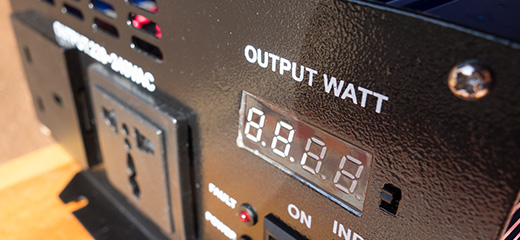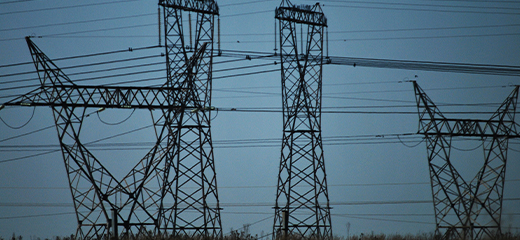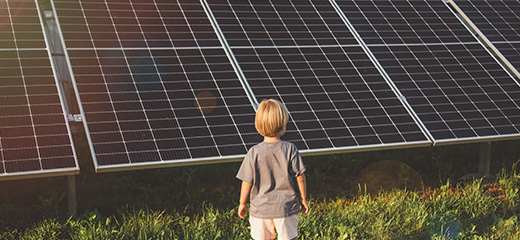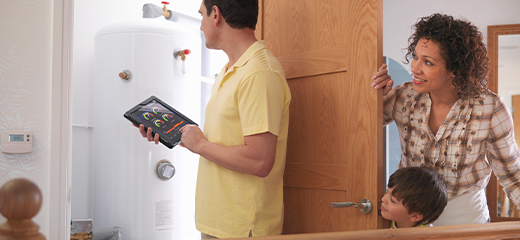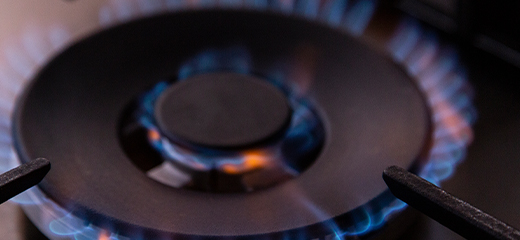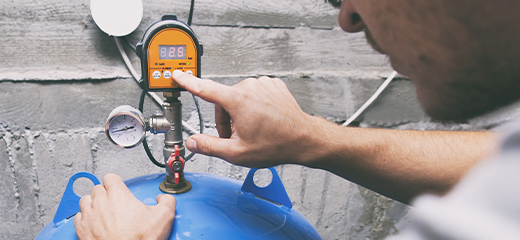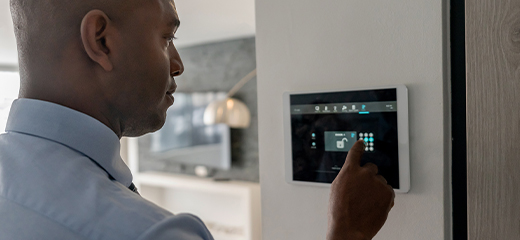
Frequently asked questions: Generators
South Africa's ongoing need to implement loadshedding is being exacerbated by faults, theft and sabotage on the localised electricity grid. Very often this means extended outages for homes and businesses, which are not just frustrating, but can turn out to be expensive too.
It's for this reason that generators have become a popular topic for homeowners and sales have gone through the roof. If you're thinking of getting a generator, these are some of the answers to the questions you may have.
How does a generator work?
A generator uses fuel to power a motor – similar to a car – and then converts the mechanical energy into electrical energy.
What are the different types of generators?
There are three types of generators available for the residential market: portable, inverter and standby. A portable generator is the most commonly available and will generally use either petrol or diesel as fuel, although gas options are available. An inverter generator is quieter and more fuel-efficient than a normal generator, however, the power output tends to be lower but more stable. A standby generator unit, on the other hand, is a far larger unit that is wired into your supply and automatically kicks in whenever there is a break in electricity supply, unlike portable and inverters that need to be manually started.
What does kVA mean and how is it different to kW?
Kilovolt-amps or kVA is the 'apparent power' or capacity that can be produced by the generator if it is running at 100% efficiency. It must be noted that electrical systems rarely run at 100% efficiency. The kilowatt (kW) rating, on the other hand, refers to the 'actual power' that is converted into output and that you can then use to power your appliances.
What size generator do I need?
The capacity of the generator you choose will depend on your requirements and, of course, your available budget. To start with, make a note of the watt requirements of all the items you would like to run off the generator, add this up and compare it against generator output options (1 000 watts = 1 kW). Bear in mind that overloading could damage your generator, so your required output should ideally be no more than 75% of the generator's stated kW output. Underloading can also lead to damage as a result of residue build-up, so matching your generator output to your needs is important.
Can I install the generator myself?
This depends entirely on the generator you purchase and whether you would like it connected to your board. If you are choosing a simple portable generator that you intend to plug an extension cord into, then it is not necessary to call out an electrician. However, any wiring to your mainboard with a changeover switch legally requires the services of a qualified electrician and the issuing of a certificate of compliance.
Can I run my generator indoors?
No, you should never run a generator indoors as the emissions could be fatal to you and your family.
Can I leave my generator anywhere outside?
Your generator will need to be protected from the elements, particularly moisture. Most generators come with a cover which will keep it protected when not in use, however, you can not use this cover when the generator is running. A secure, non-leaking carport could be an ideal place to position your generator while it is running as it will get enough air, while still being protected from the elements. You could also purchase or build a suitable protective enclosure but ensure all safety and operational requirements are met.
Do I need to worry about fumes?
A running generator emits carbon monoxide, which is extremely poisonous to humans. In addition to running your generator outdoors, make sure to securely close any windows or doors near your generator to avoid carbon monoxide leaking into your home. If you are still concerned, you can install battery-operated carbon monoxide detectors in the rooms closest to your generator.
How much maintenance does a generator need?
Well-maintained generators can last decades so it's important to look after your investment. As a homeowner, you can do many of the maintenance tasks yourself, such as running the generator for at least 15 minutes per week, checking on fuel and oil levels and replacing filters. However, like your car, your generator will need to be professionally serviced once a year to keep it in good condition. Bear in mind that petrol and diesel have relatively short lifecycles, so if your generator is going to be unused for a long period of time, the fuel tank must be emptied first.
LookSee's end-to-end home solar offering promises minimum savings on your electricity bill with systems designed for your personal needs.
